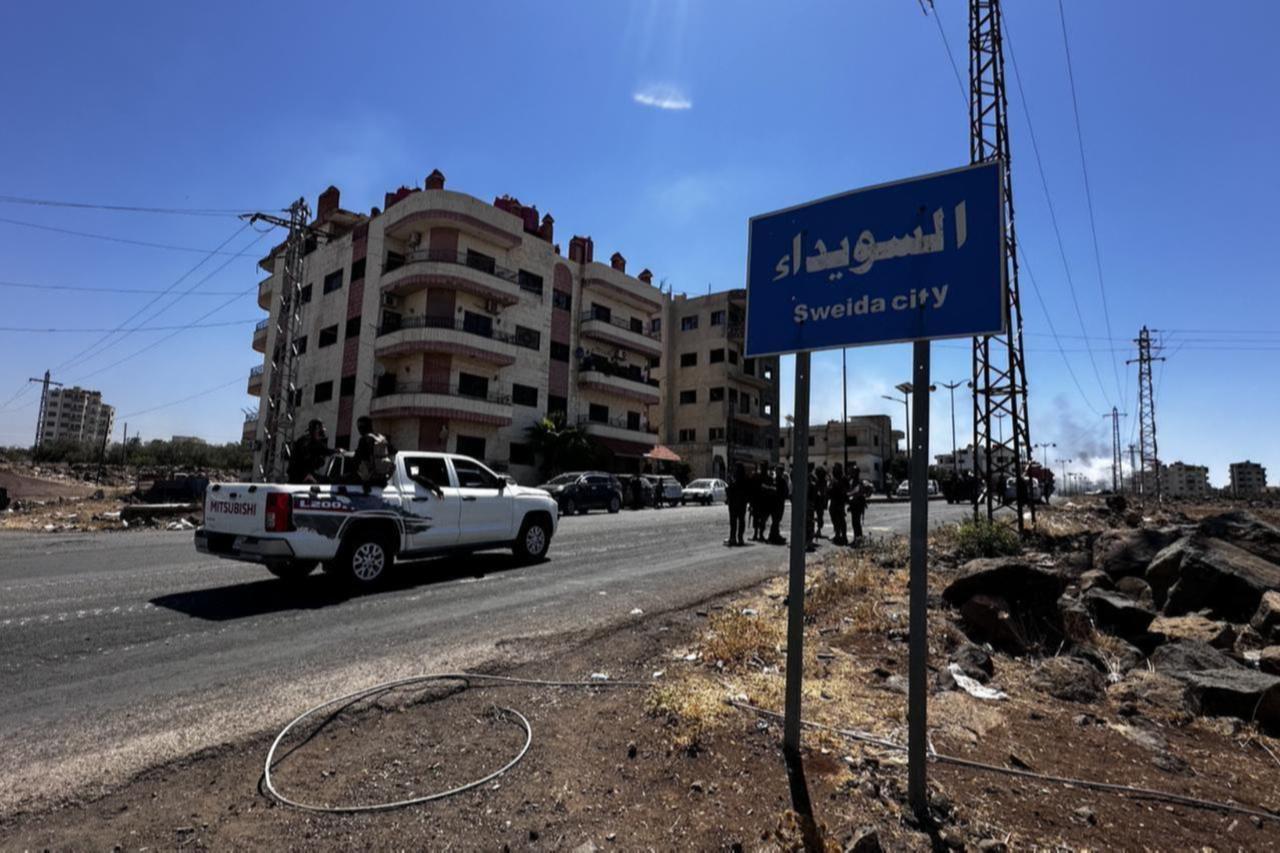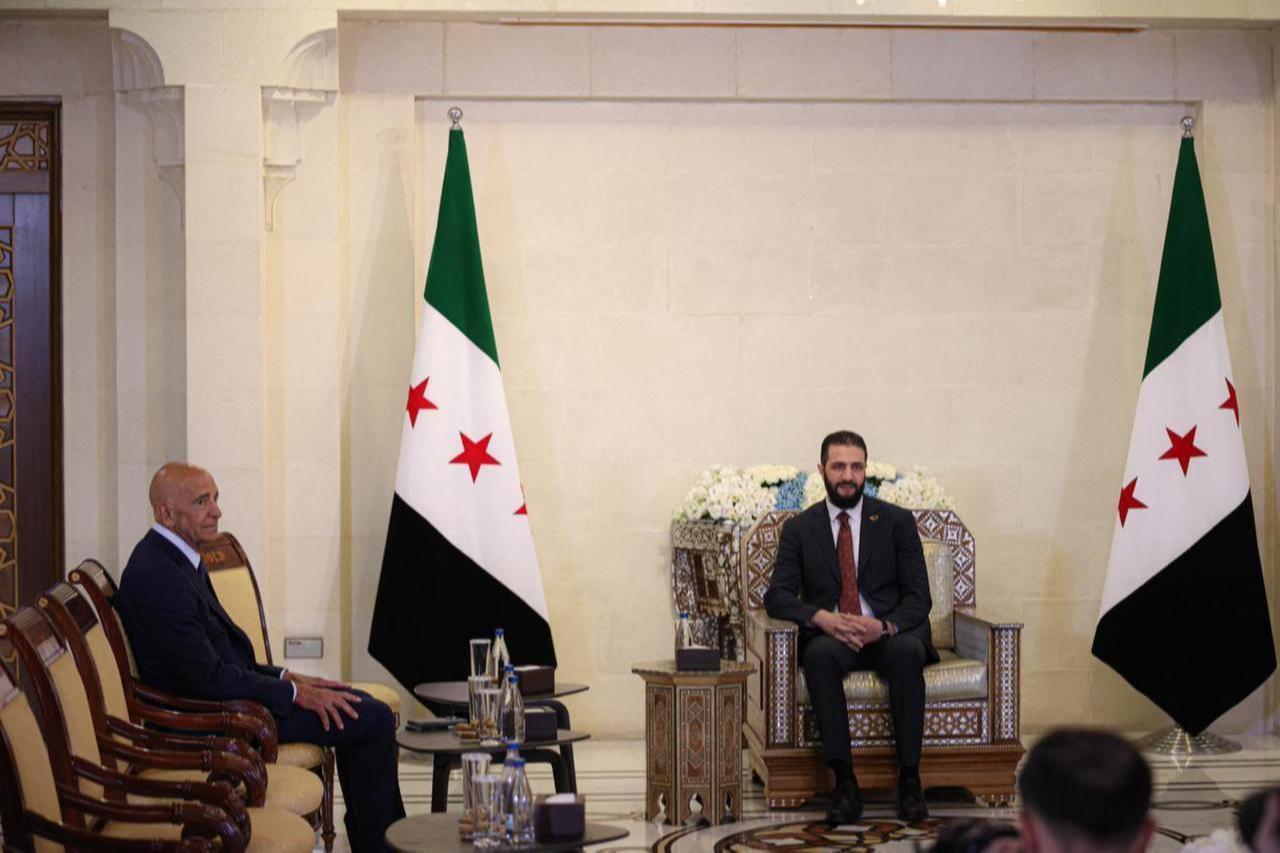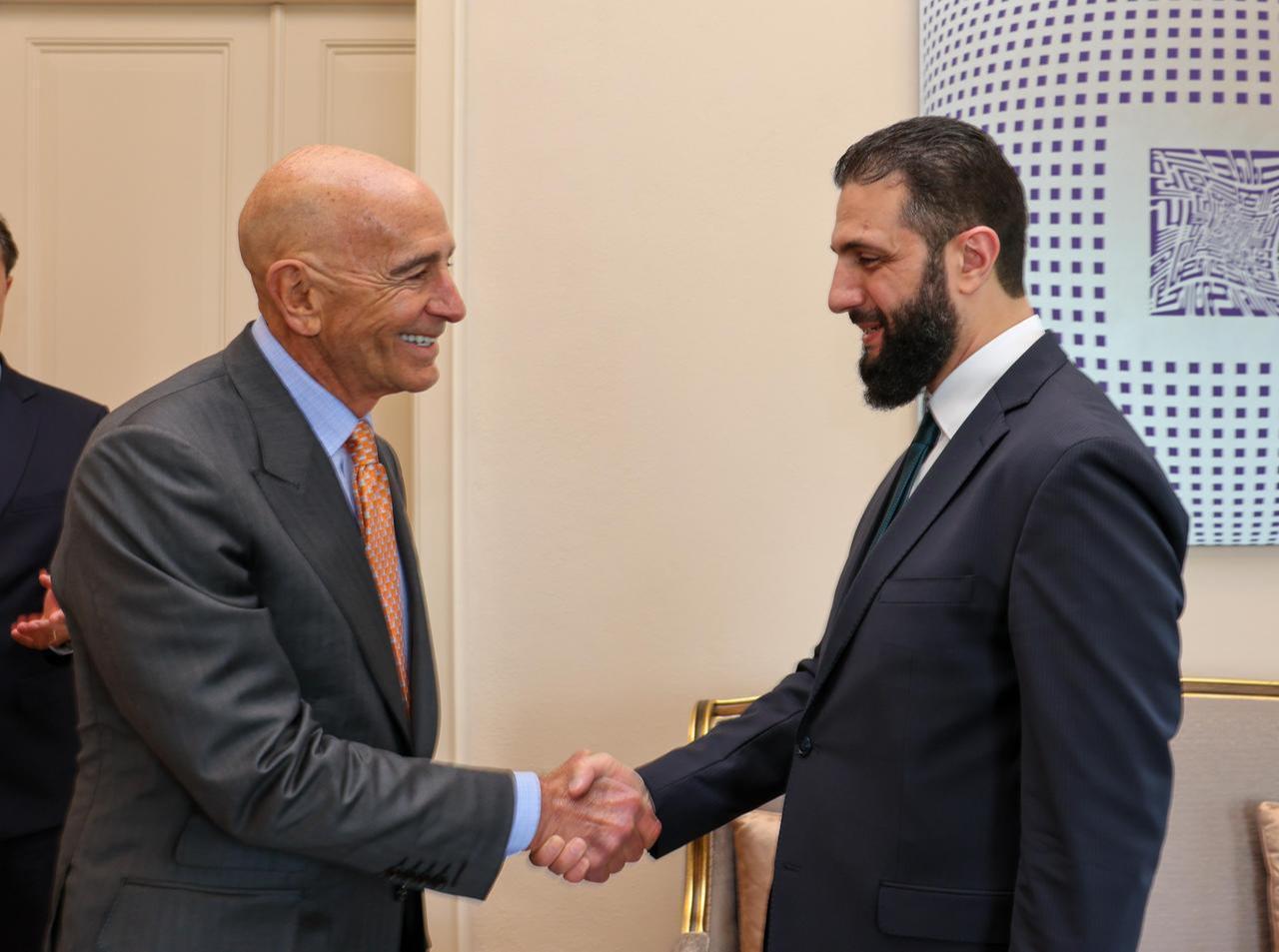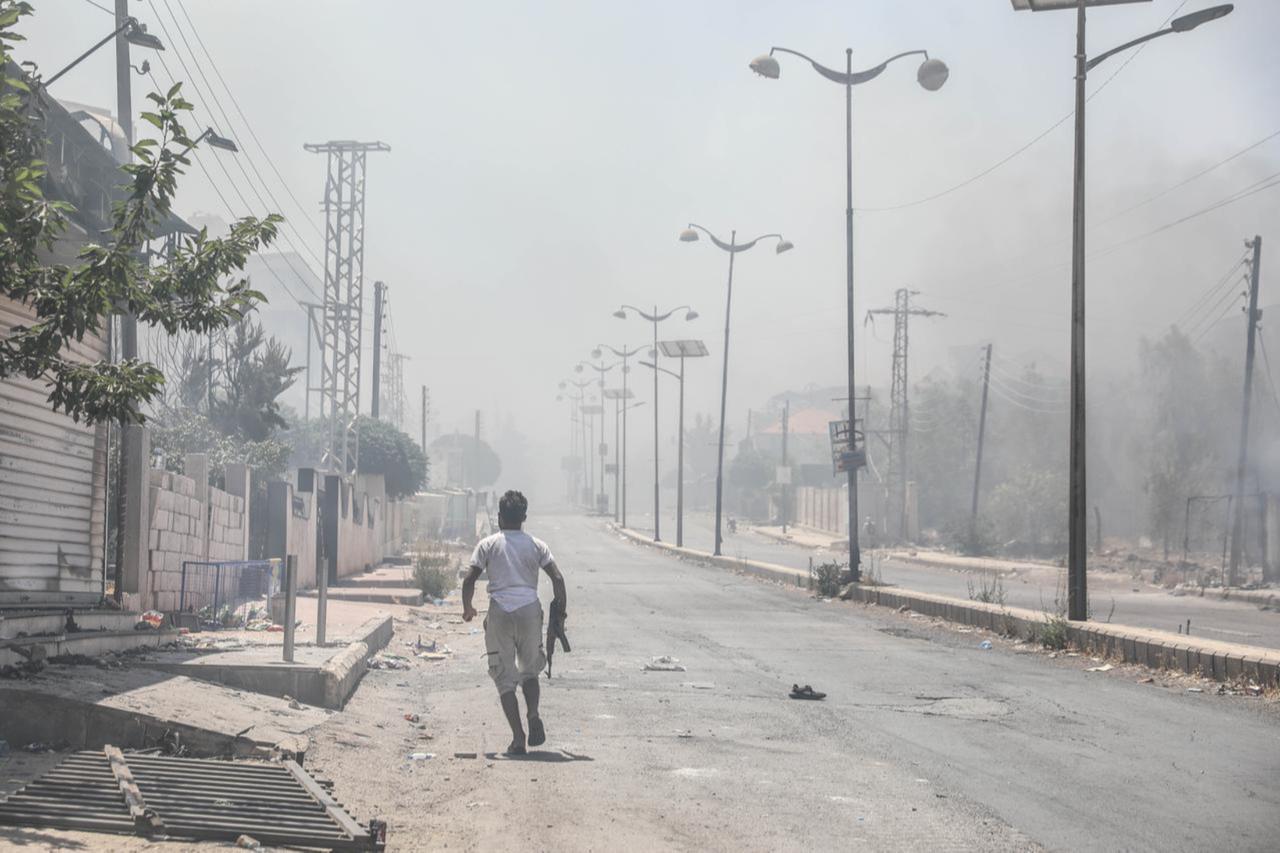
Negotiations for a landmark security agreement between Syria and Israel have reached an impasse after Israel's last-minute demand for a "humanitarian corridor" to Syria's southern Sweida province, according to four sources familiar with the discussions, Reuters reported Friday.
The breakdown threatens to derail what would be the most significant diplomatic breakthrough between the longtime adversaries since their 1974 disengagement agreement. The talks, which had accelerated in recent weeks ahead of the United Nations General Assembly, aimed to establish a demilitarized zone encompassing Sweida province, where sectarian violence in July claimed hundreds of lives from the Druze minority community.
The humanitarian corridor proposal has emerged as the primary obstacle. Israel initially raised the request during earlier Paris negotiations, seeking land access to deliver aid to Sweida. Syria rejected the proposal as a violation of its sovereignty. Israeli officials subsequently reintroduced the demand during final negotiations, according to two Israeli sources, a Syrian official and a Washington-based source briefed on the talks.

U.S. envoy to Syria Tom Barrack, who has mediated months of discussions across Baku, Paris and London, confirmed Tuesday that the two nations were close to a "de-escalation agreement." Under the proposed framework, Israel would halt its military strikes while Syria would commit to keeping heavy equipment away from their shared border.
The renewed Israeli insistence on corridor access has effectively suspended plans to announce an agreement this week, the Syrian and Washington sources said. One diplomat suggested the U.S. may be "scaling down from a security deal to a de-escalation deal" given the current obstacles.

Syrian President Ahmed al-Sharaa, the former al-Qaeda leader who led rebel forces to victory in Damascus last year, expressed skepticism about Israeli intentions during remarks in New York. "We are scared of Israel. We are worried about Israel. It's not the other way around," he said, suggesting Israel may be deliberately stalling negotiations.
A Syrian official described pre-UN General Assembly discussions as "positive" but confirmed no further contact with Israeli representatives occurred this week. Al-Sharaa previously characterized such an agreement as a "necessity" while questioning Israel's commitment to implementation.
"We could reach a deal at any moment, but then another problem arises which is: will Israel commit to and implement it?" he said in mid-September. "We will see this in the next phase."

Israel's interest in Sweida stems partly from its domestic Druze population of 120,000, whose men serve in the Israeli military. Israeli leaders have pledged to protect the Druze community and have conducted military operations in Syria under this justification.
Prime Minister Benjamin Netanyahu, addressing the UN General Assembly Friday, expressed optimism that an agreement respecting Syrian sovereignty while protecting regional minorities could be achieved. His office later clarified that any deal remained "contingent on ensuring the interests of Israel," including southwestern Syria's demilitarization and Druze community protection.
The diplomatic setback occurs against a backdrop of heightened tensions since rebels toppled former Syrian leader Bashar al-Assad on December 8. Israel has since launched extensive strikes on Syrian military installations and deployed troops into southern Syria, actions that have complicated the negotiating environment.
Syria has advocated throughout the negotiations for returning to the 1974 disengagement framework, which established a narrow UN-monitored buffer zone between the two countries that have been adversaries since Israel's founding in 1948.
The State Department, Netanyahu's office, and Syria's foreign ministry did not respond to requests for comment regarding the negotiations' current status or remaining obstacles.